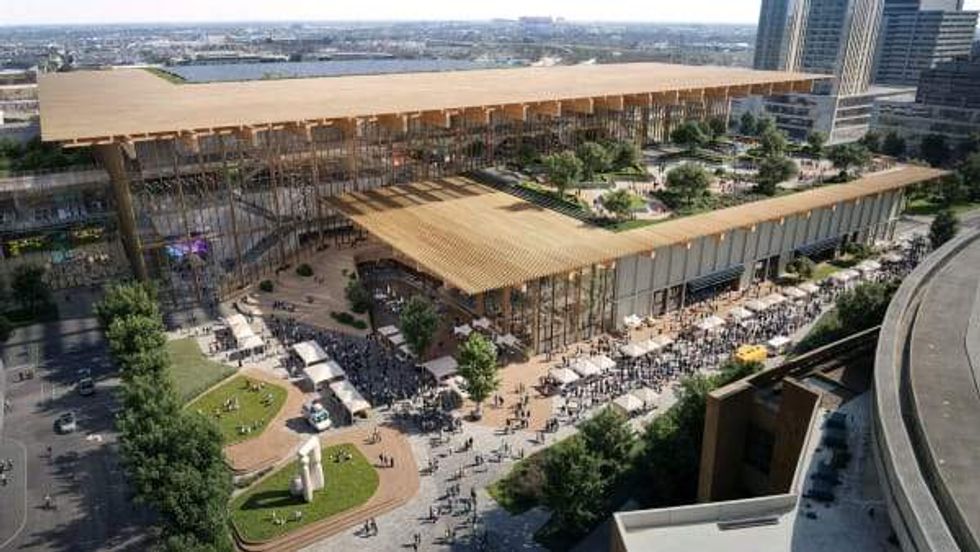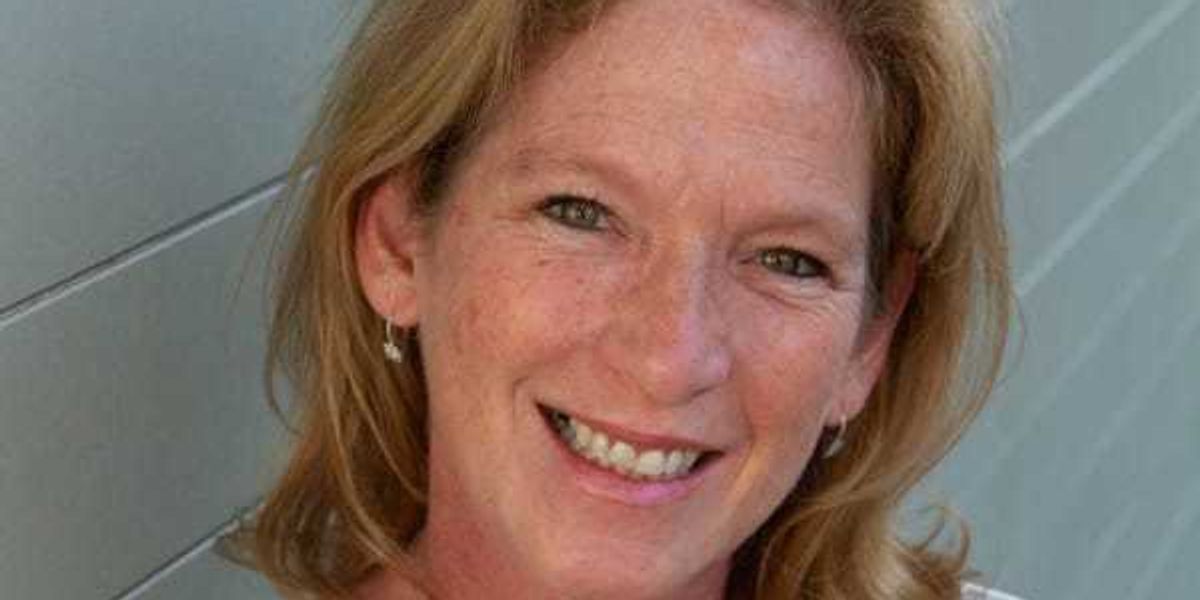On Wednesday, October 15, the Houston City Council voted 14-1 to authorize the permanent closure of a section of Polk Street as part of the ongoing expansion of the George R. Brown Convention Center. Despite the overwhelming majority of council voting for the measure, a group of local activists condemned the decision over concerns that the loss of Polk Street will isolate residents of East End from Downtown. Edward Pollard was the only dissenting vote.
Houston First, the government corporation responsible for marketing Houston and operating performing art spaces and convention centers, announced the convention center expansion project in March. Plans call for 700,000 square feet of additional space, which will connect to the nearby Toyota Center via a 100,000 square foot pedestrian plaza.

The objective is to create a seamless link between Daikin Park, the Toyota Center, the convention center, Discovery Green, and the surrounding hotels, fostering a walkable entertainment hub. Additionally, plans include the construction of Texas’s largest ballroom, along with adaptable spaces for various events, new dining options, green space walkways, and enhanced connections to different areas.
“This important step clears the way for a transformative project that will strengthen Houston’s position as a premier destination for major conventions, conferences, and events,” Houston First said in a statement about the vote. “The GRB expansion will enhance connectivity across the convention district, provide new flexible meeting and public spaces, and further energize the surrounding area for residents and visitors alike. We believe this is a generational project that will redefine the east side of Downtown Houston, creating a new entertainment district that will become a nexus for retail, lodging, and other uses and be a catalyst for growth in the surrounding area.
To accomplish this, the vote authorizes the purchase of parts of Polk, Chenevert, Hamilton, Jackson, Clay, Bell, and Avienida de las Americas for assimilation into the convention center campus. A second final vote will be held once various easements and appraisals are completed.
As noted above, Houston First states that expanding the convention center will bring increased revenue and prestige to the city, but nearby residents are concerned that Polk Street’s closure could limit their access to downtown. District I Council Member Joaquin Martinez supported the project, but added a memorandum of understanding (MOU) that may explore options to mitigate the loss of Polk Street. These include establishing a committee to plan access from the east, transforming Leeland Street into a two-way corridor, creating a pedestrian path from East End to Downtown, and planning free community access to events.
“We recognize there are a number of people in the community who do not agree with this decision,” said Houston First in a statement. “Plans for a two-way Leeland Street came out of discussions with members of the community, and we pledge to continue to work alongside Houston Public Works to realize that conversion as quickly as possible.”
However, the People for Polk advocacy group remains unconvinced by the proposal, pointing out that some items in the memorandum are unfunded and have no set timelines. They plan to continue their activism ahead of the final vote.
“The bottom line: Houston First hasn’t explained why they need Polk for expansion,” People for Polk said in a statement on Instagram. “Hundreds of working families, small businesses, and residents, opposed closure. Those supporting it? Mostly firms with financial stakes.
“The ‘compromise’ MOU leaves too many unanswered questions, and the community deserves real answers, not vague promises,” the statement continues.

